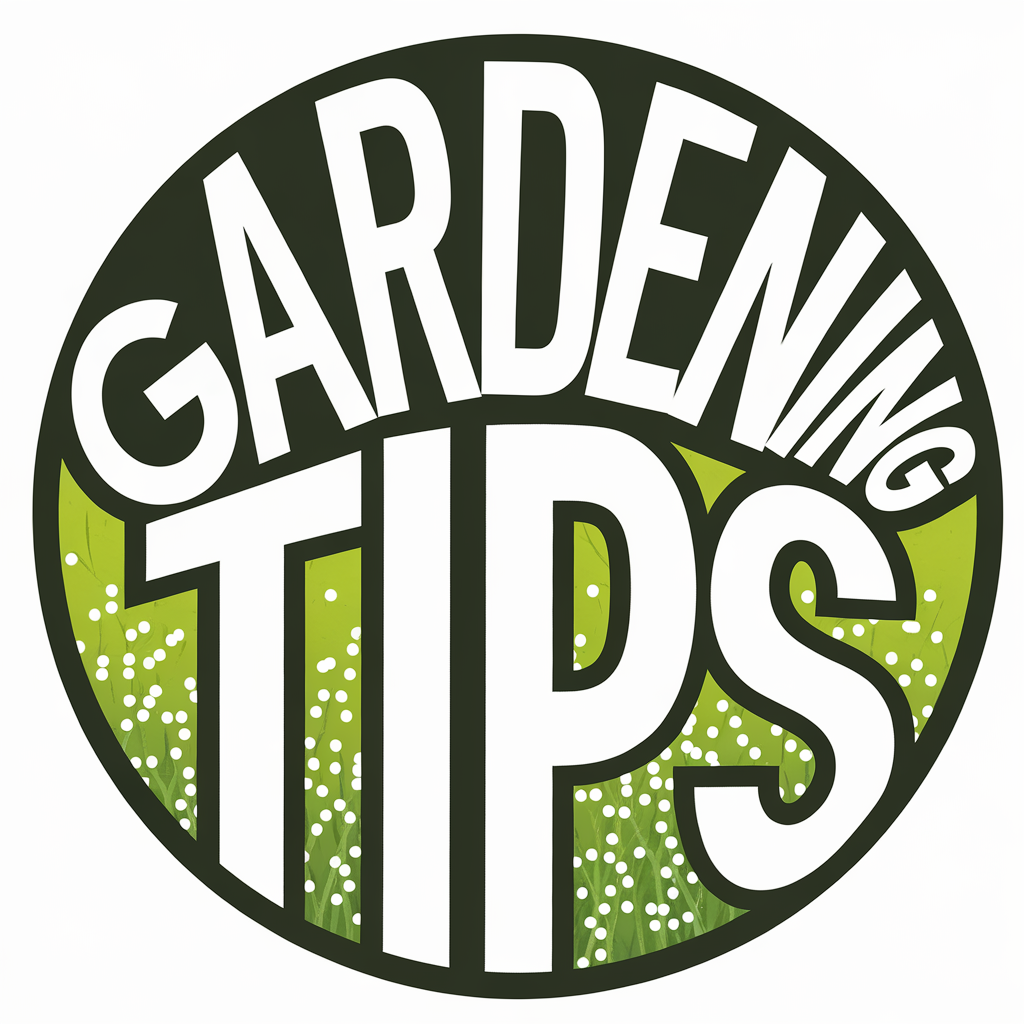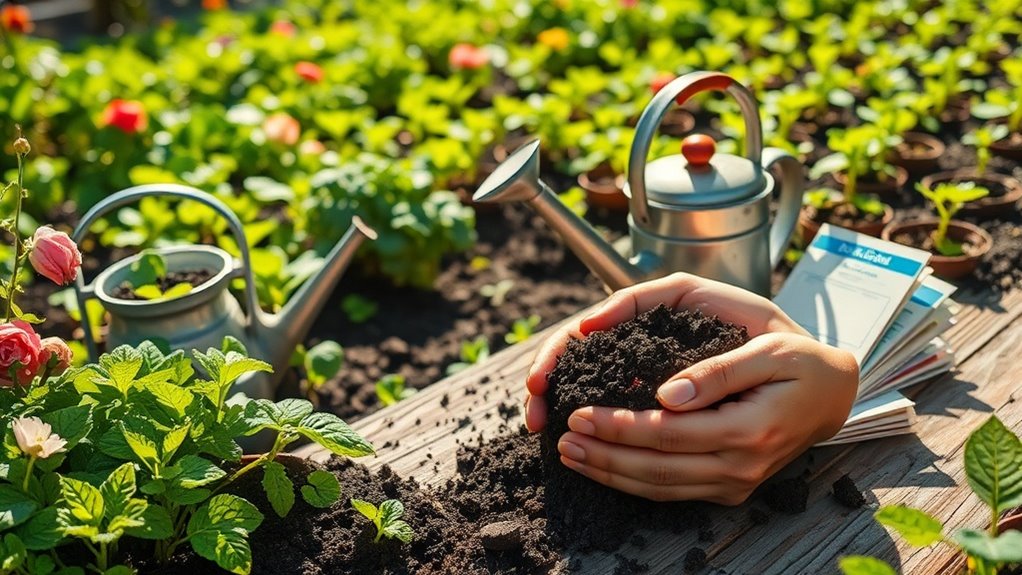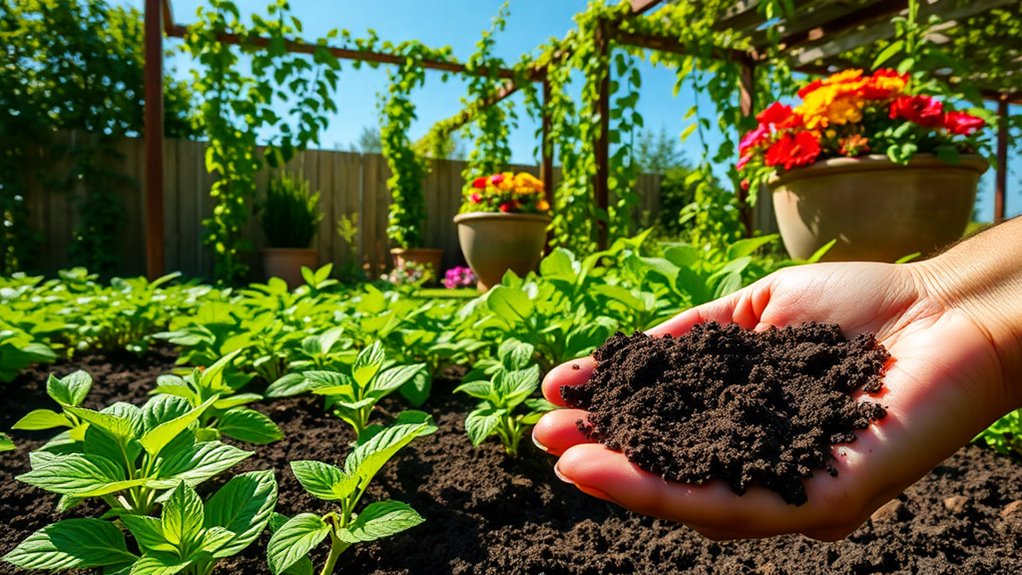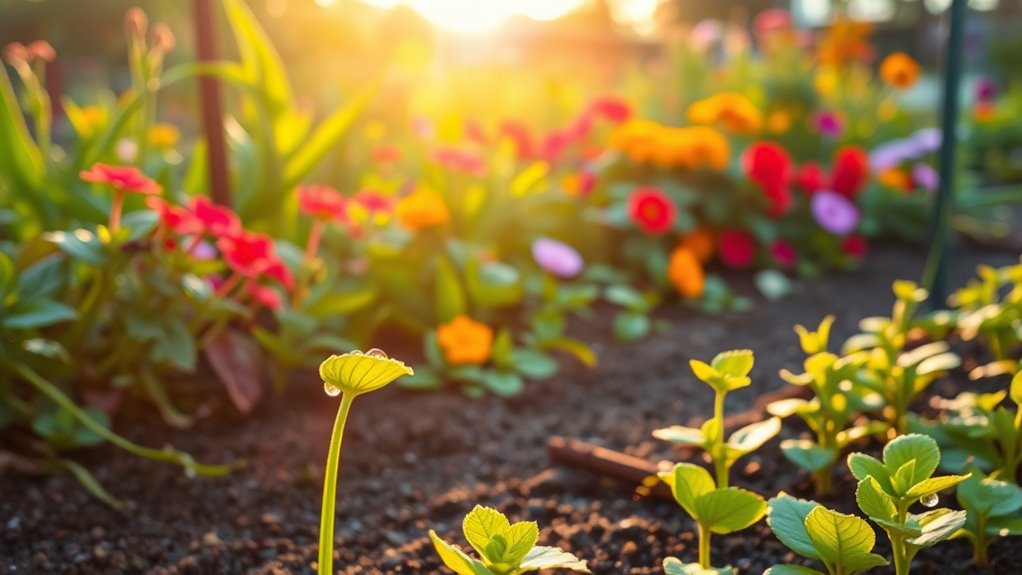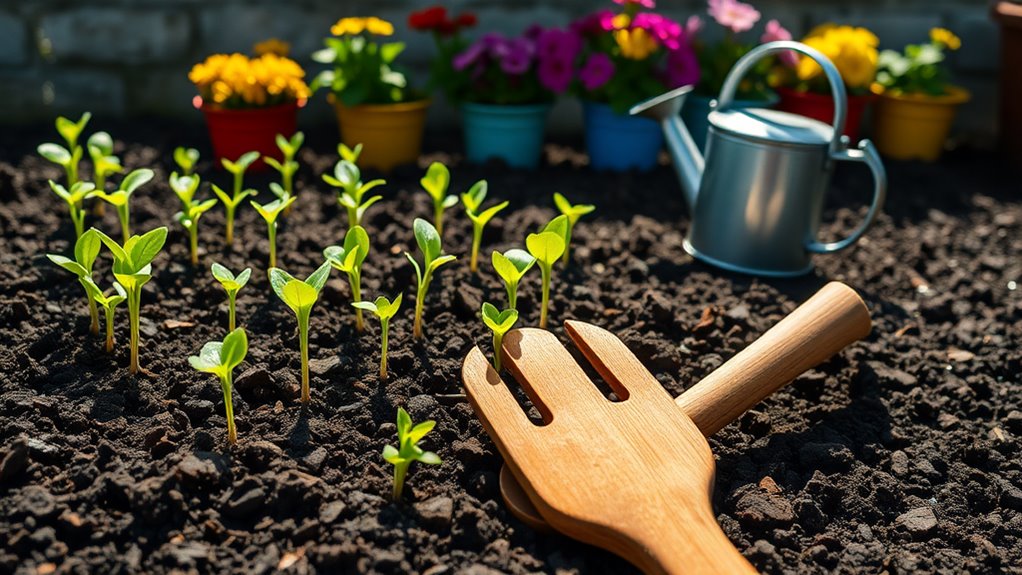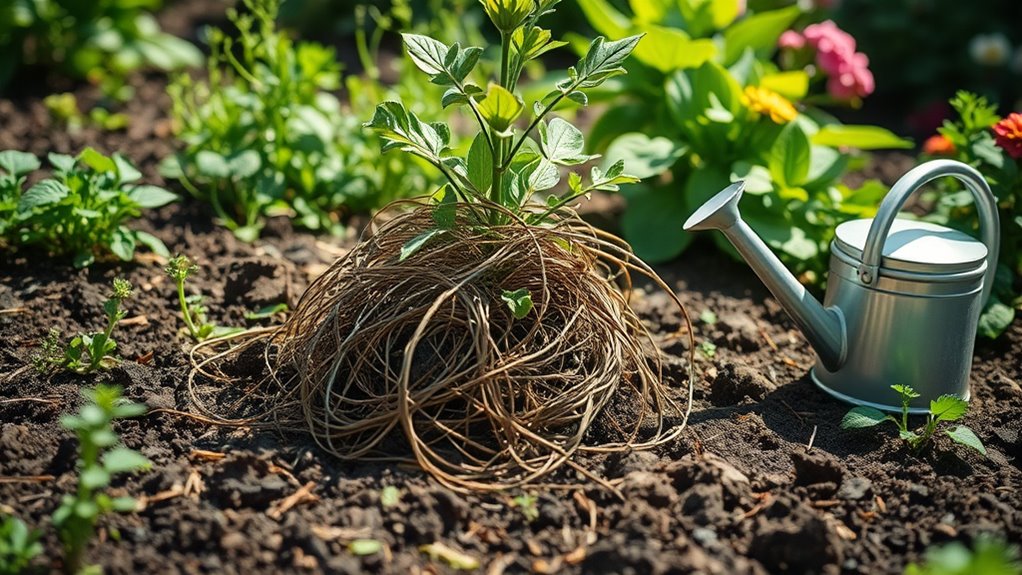5 Beginner Gardening Tips That Actually Work
Starting your gardening journey can feel overwhelming, but it doesn’t have to be. By choosing the right plants for your climate and understanding soil health, you can set a strong foundation. It’s essential to start small, gradually expanding your garden as your skills improve. Efficient watering techniques will further enhance your success. However, the true test of your gardening ability lies in your patience and observation. Discover how these elements come together for a flourishing garden.
Choose the Right Plants for Your Climate
How can you ensure your garden thrives year after year? Start by choosing the right plants for your climate—a crucial beginner gardening tip.
Research native species that naturally flourish in your area, as these require less water and are more resilient.
Consider your local soil conditions and microclimates to optimize plant selection, which leads to healthier growth and fewer pests, ensuring lasting success in your garden. Additionally, understanding your soil composition is essential for determining the best plants to cultivate in your garden.
Start Small and Gradually Expand
After you’ve selected plants suited to your climate, it’s wise to start small with your gardening efforts. This approach helps you learn and adapt without overwhelming yourself.
Focus on:
- Choosing a few beginner-friendly plants
- Using containers or a small plot
- Setting a routine for maintenance
- Understanding your plants’ growth habits
Additionally, make sure to understand your gardening zone as it plays a crucial role in determining which plants will thrive in your area.
Gradually expand as you gain confidence and experience.
You’ll enjoy gardening more this way!
Learn About Soil Health and Nutrients
Understanding soil health and nutrients is crucial for fostering a thriving garden, as healthy soil forms the foundation for robust plant growth.
You should assess your soil’s pH and organic matter content to ensure it’s nutrient-rich. By incorporating compost and well-balanced fertilizers, you’ll enhance microbial activity, support plant health, and promote nutrient absorption, creating an optimal environment for your plants to flourish. A well-maintained garden is a direct result of healthy soil.
Implement Efficient Watering Techniques
Maintaining healthy soil isn’t enough if you don’t pair it with effective watering techniques.
Opt for precision methods that enhance plant health. Consider these strategies:
- Water early to prevent evaporation
- Use soaker hoses for deep moisture
- Implement mulch to retain soil moisture
- Adjust frequency according to plant needs
- Regularly monitor soil moisture to determine when to water and prevent overwatering.
Be Patient and Observe Your Garden’s Growth
Although you may be eager to see your garden flourish, patience is crucial for allowing plants to adapt and grow in their environment. Observe their progress closely—every change offers insights into their health. It’s also important to monitor soil quality to ensure plants thrive throughout their growth stages.
| Growth Stage | Observation Tips |
|---|---|
| Germination | Check soil moisture levels |
| Seedling | Look for consistent light |
| Vegetative | Assess leaf color and size |
| Flowering | Monitor pest presence |
| Harvesting | Test for readiness |
